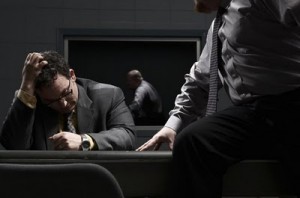 Just because a driver is arrested at a DUI sobriety checkpoint – even if he/she actually was driving under the influence – does not mean that he/she will necessarily be convicted of the offense.
Just because a driver is arrested at a DUI sobriety checkpoint – even if he/she actually was driving under the influence – does not mean that he/she will necessarily be convicted of the offense.
This is because experienced California DUI defense attorneys know that if the officers do not follow strict rules and regulations with respect to these checkpoints, any arrests that they make will be considered unlawful. And if an arrest is unlawful, the subsequent charges will most likely be dismissed.
The Rules and Regulations that Govern Sobriety Checkpoints
1. Supervising officers must be in charge
Supervising officers (as opposed to field officers) must determine where, how, and when California sobriety checkpoints will operate. Supervising officers usually determine where these checkpoints will be held based on what areas have the highest concentration of DUI-related accidents and/or arrests.
 This regulation also includes establishing the criteria for how cars will be stopped. For example, the supervising officers must determine ahead of time whether field officers will stop every car, every third car, every fifth car, etc.
This regulation also includes establishing the criteria for how cars will be stopped. For example, the supervising officers must determine ahead of time whether field officers will stop every car, every third car, every fifth car, etc.
2. The sobriety checkpoint must be reasonably located
The location of the DUI roadblock must be reasonable. This means that the sobriety checkpoint must be in a location where there is a high incidence of DUI-related accidents or arrests. It also means that the supervising officers must consider everyone’s safety when choosing where to set up a sobriety checkpoint.
3. DUI roadblocks must be publicly advertised
California sobriety checkpoints must be publicly advertised prior to the date of the roadblock and clearly visible to approaching drivers. With respect to advertising, law enforcement websites, local newspapers, and news stations often report the upcoming checkpoint about a week prior to its operation.
With respect to visibility, 
- warning signs,
- flashing lights,
- adequate lighting,
- marked police cars, and
- the presence of uniformed police officers
typically satisfy this requirement.
4. Drivers who do not wish to stop at the DUI checkpoint must be allowed to leave
Perhaps one of the most interesting requirements is that you must have the opportunity to drive away from the checkpoint if you don’t wish to stop. If you choose to exercise this right, you cannot legally be stopped for doing so unless you (1) commit a traffic violation, or (2) display signs of obvious intoxication.
When I have a client who is arrested at a California DUI checkpoint, I not only investigate the charge that he/she was driving under the influence…by exploring all the ‘typical’ California DUI defenses…but I also critically examine the sobriety checkpoint itself to see if all of the legal requirements that relate to these DUI traps are satisfied. When they are not, I may be able to use these fatal flaws to get the drunk driving case dismissed. Call my office today at (619) 238-1905 for a free consultation.


 Despite common misperceptions…due in large part to what we see in television shows and movies…there is no legal requirement for police officers to read Miranda rights during a California DUI arrest.
Despite common misperceptions…due in large part to what we see in television shows and movies…there is no legal requirement for police officers to read Miranda rights during a California DUI arrest.
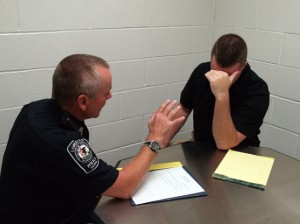
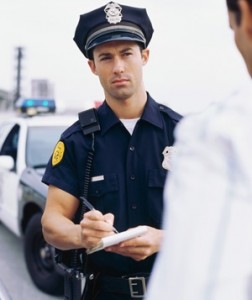
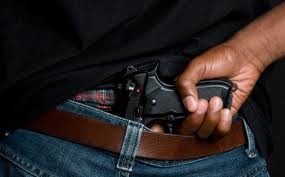 While the 2nd Amendment to the Federal Constitution protects the individual right to own firearms, that right is not unlimited. There are laws that regulate when and how we can use those firearms. Due to high volumes of violence related to guns, many states have cracked down against violators of gun laws. Some states have laws that carry mandatory sentencing for specific firearm possession crimes. California has laws that require different sentences based on the defendant’s background, their mental condition, circumstances regarding to the crime, and/or prior convictions.
While the 2nd Amendment to the Federal Constitution protects the individual right to own firearms, that right is not unlimited. There are laws that regulate when and how we can use those firearms. Due to high volumes of violence related to guns, many states have cracked down against violators of gun laws. Some states have laws that carry mandatory sentencing for specific firearm possession crimes. California has laws that require different sentences based on the defendant’s background, their mental condition, circumstances regarding to the crime, and/or prior convictions.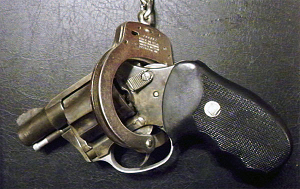 The most common violation is carrying a firearm without a permit. At least 13 states generally require someone to have a permit, license, or other certificate to purchase or possess a handgun. Assuming the person is not a felon, or mentally disabled, this violation is generally a misdemeanor criminal charge. Misdemeanors carry a sentence of up to one year in jail. In California, purchasing a handgun without a safety certificate is a misdemeanor, punishable by up to six months in jail and/or up to $1,000 in fines.
The most common violation is carrying a firearm without a permit. At least 13 states generally require someone to have a permit, license, or other certificate to purchase or possess a handgun. Assuming the person is not a felon, or mentally disabled, this violation is generally a misdemeanor criminal charge. Misdemeanors carry a sentence of up to one year in jail. In California, purchasing a handgun without a safety certificate is a misdemeanor, punishable by up to six months in jail and/or up to $1,000 in fines. Penal Code 12021 PC prohibits convicted felons from purchasing, owning, receiving, or possessing a firearm. This section also describes certain misdemeanors that also carry these constraints, as well as people with mental disabilities or drug addictions. Violation of these laws are considered felonies, punishable by 16 months-three years imprisonment, a fine, or both.
Penal Code 12021 PC prohibits convicted felons from purchasing, owning, receiving, or possessing a firearm. This section also describes certain misdemeanors that also carry these constraints, as well as people with mental disabilities or drug addictions. Violation of these laws are considered felonies, punishable by 16 months-three years imprisonment, a fine, or both.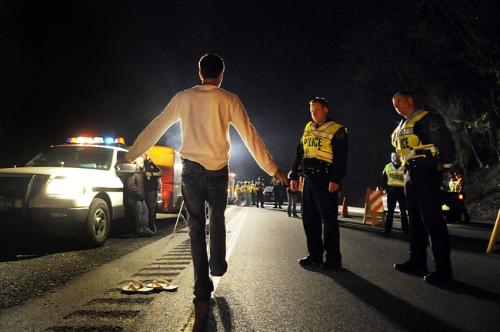 California DUIs are “priorable” offenses. This means that the punishment increases with each successive drunk driving conviction that takes place within a ten-year period. This ten-year timeframe period also includes (1) California “wet reckless” convictions, and (2) out-of-state convictions that, if committed in California, would constitute a DUI.
California DUIs are “priorable” offenses. This means that the punishment increases with each successive drunk driving conviction that takes place within a ten-year period. This ten-year timeframe period also includes (1) California “wet reckless” convictions, and (2) out-of-state convictions that, if committed in California, would constitute a DUI.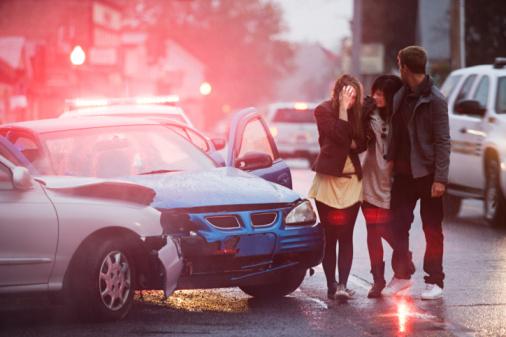
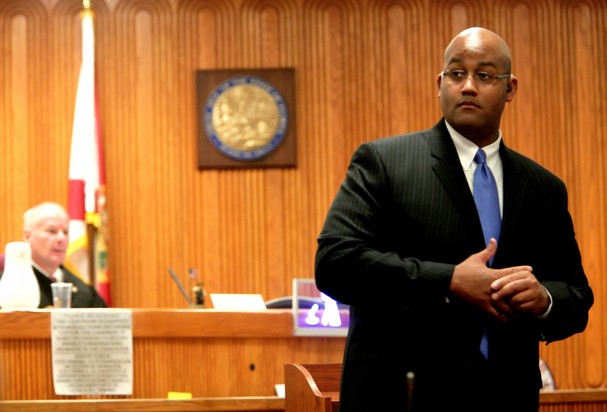 They have to be after all, by becoming public defenders they are agreeing to take on five-times the workload of a private criminal defense attorney for less than half the pay. Most of the people who are willing to do that are motivated by a concerted dedication to indigent defense.
They have to be after all, by becoming public defenders they are agreeing to take on five-times the workload of a private criminal defense attorney for less than half the pay. Most of the people who are willing to do that are motivated by a concerted dedication to indigent defense. Therefore, the “problem” with public defenders is not that they don’t work hard. It’s just that they have very limited time and resources to spend on each individual case, and having so many cases to handle there is only so much time that they have in their day for all of the clients that they get assigned to by the court. Since the most important case for any defendant is, of course, his own, the limited time a public defender has to devote to it often makes it seem as if they’re not working very hard on it. In fact, unless you happened to get one of those rare “bad apples” assigned to you, this is not the case. There working hard, it just that they don’t have enough time to devote to your case that a paid private attorney, who is representing YOU, and not the other 30 to 50 people in court that day, it’s just common sense.
Therefore, the “problem” with public defenders is not that they don’t work hard. It’s just that they have very limited time and resources to spend on each individual case, and having so many cases to handle there is only so much time that they have in their day for all of the clients that they get assigned to by the court. Since the most important case for any defendant is, of course, his own, the limited time a public defender has to devote to it often makes it seem as if they’re not working very hard on it. In fact, unless you happened to get one of those rare “bad apples” assigned to you, this is not the case. There working hard, it just that they don’t have enough time to devote to your case that a paid private attorney, who is representing YOU, and not the other 30 to 50 people in court that day, it’s just common sense.